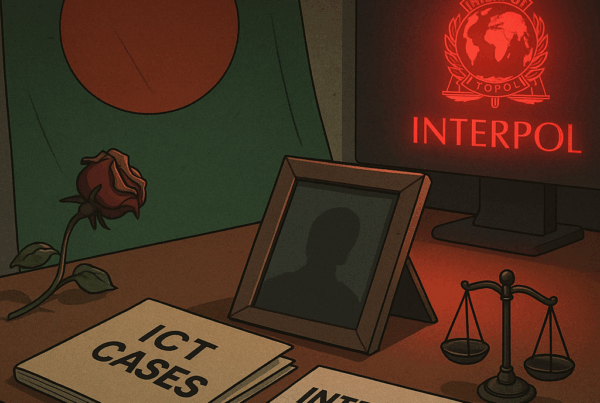As of June 2024, the Commission for the Control of INTERPOL’s Files (CCF) has made significant changes to its Operating Rules—most notably, the shift from accepting postal mail submissions to a fully digital process. Up until recently, applicants could submit requests for access and/or deletion of data via postal mail. However, the CCF has now updated its procedures to require that requests, along with any supporting documents, be submitted electronically.
This change is codified in Article 25 of the Operating Rules, which now states:
Rule 25: Transmission and Registration of Requests(1) The requests and any supporting documents shall be sent to the CCF electronically in acceptable formats. In exceptional cases, the Commission may accept documents submitted by postal mail.
Why the Shift?
The likely rationale behind this amendment is to improve the efficiency of the CCF’s work. Processing requests via email is considerably faster and more streamlined than handling paper submissions sent by postal mail, which involve time-consuming steps like opening, scanning, and archiving physical documents. By requiring requests to be submitted electronically, the CCF can focus more on processing the content of requests and reduce delays caused by handling physical mail.
In addition, this move is likely to help the CCF address its backlog more effectively. With faster processing times and fewer administrative burdens, the Commission can work through pending cases more efficiently, ensuring that requests are handled more quickly.
What This Means for Practitioners
For practitioners, the takeaway is clear: the new norm is to submit requests to the CCF exclusively via email. Sending hard copies through postal mail is no longer necessary, unless the Commission specifically requests it in exceptional cases. This shift should simplify and expedite the process, allowing requests to be addressed more swiftly.
With these changes, the CCF is moving towards a more efficient and modern approach to handling requests, leaving behind the days of snail mail. Practitioners and applicants alike should be prepared to adapt to this new digital workflow, which will help speed up processes and reduce backlogs.





